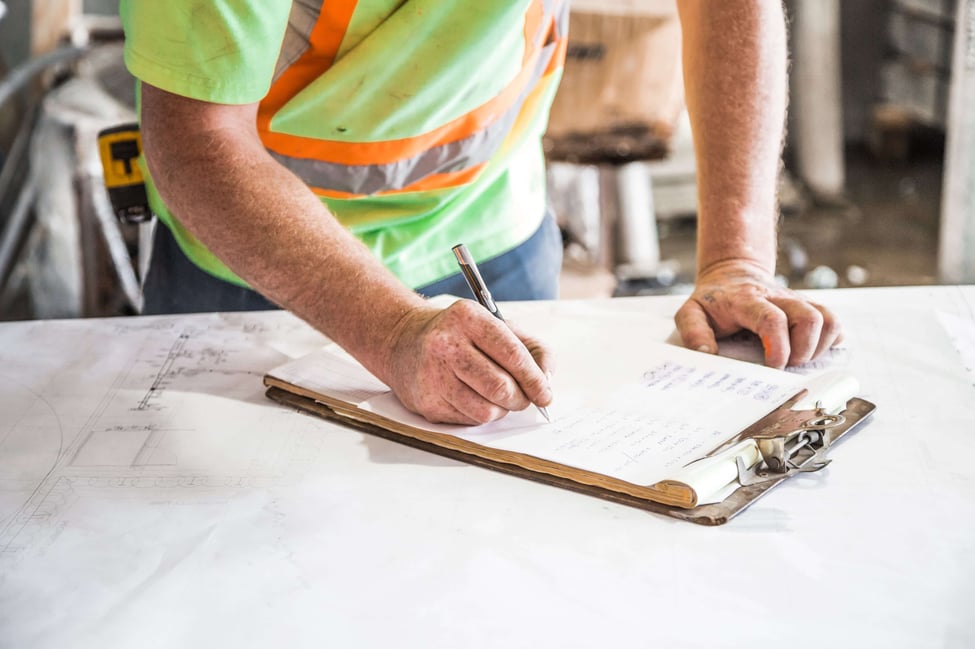You’ve probably heard that it is important to get a home inspection before you close on the purchase of a new house. And for the most part, we agree with this. But it is important that you understand exactly what you are getting when you pay for a home inspection. In this article, we will cover a few of the things that you should know.
What is a home inspection?
Home inspectors are licensed and regulated professionals under Ontario’s Home Inspection Act. When you pay for a home inspection as a home buyer, you are essentially paying to find out two things.
- Are there any major problems with the house – and if so, what are they?
- An introduction to your future home so that you will know how to maintain and take care of it properly.
In most cases, you can expect to receive a written report from your home inspector which outlines any issues they may have found as well as useful tips to care for your new home (such as where the water shut-off valve is).
What a home inspection is NOT?
Home inspectors conduct visual inspections. They should be able to tell you if a home needs a new roof or if there are signs of foundation damage. But home inspectors do not look under floors or behind walls where there might potentially be other issues lurking. They may however – if they see something they consider to be a red flag – recommend that you have further inspections done (such as an environmental inspection or a termite inspection).
Home inspectors also do not look for compliance issues with the Ontario Building Code or with local by-laws.
Usually, you will have to sign a waiver when you get a home inspection which outlines the limitations of the inspection. The liability of the inspector is limited, so if they miss a major problem, you may only be eligible to receive the cost of the inspection back and not the cost of any repairs.
What to expect during a home inspection?
Depending on the size and condition of the home, a home inspection generally takes between two and three hours. The inspector will go through the house room by room to identify any issues. They will also go into crawl spaces, attics, and even onto the roof. The inspector will usually also take pictures which will be included in their report.
What happens if they find a problem?
Sometimes a home inspector will uncover some major problems such as mold in the basement or knob and tube wiring. At that point, you will need to consider whether you still wish to purchase the house. If you do, you will likely want to go back to the seller and renegotiate the price.
In most cases, however, major issues with the home are already known and have been factored into the price. A home inspection should not be used to nickel and dime the seller, but rather to uncover major previously unknown issues that might impact the price and your budget.
As realtors, we can guide you through the process and the steps to take when a home inspection uncovers something unsavory.
What about pre-listing inspections?
Some sellers choose to have a pre-listing inspection in the hopes that buyers will be willing to offer more for the home and possibly even create a bidding war. And while pre-listing inspections are often very good, it is important to remember that the client in this case is the seller and not the buyer. Nevertheless, a good inspection company will still want to protect their reputation by providing thorough and honest reports. It is always best, however, that the buyers protect themselves by getting their own inspection.
Contact Adelson and Weiss today
If you are in the market for a new home in the GTA, we can help you find the right home for you and walk you through each step of the process including helping you find a qualified home inspector that will work to protect your interests. Contact us today for a consultation.

